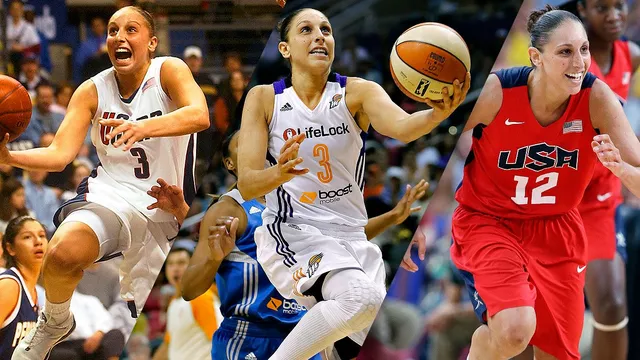G.O.A.T. – Greatest Of All Time Sports Moments
When you click on the G.O.A.T. tag you’re stepping into a mix of stories that celebrate the biggest names and the toughest debates in sports. Whether it’s a boxer who left a country in tears, a coach saying goodbye on the biggest stage, or fans arguing over college football rankings, each article tries to answer the question: who truly belongs in the Hall of Fame?
We keep it simple. A G.O.A.T. isn’t just about stats; it’s about impact, drama, and the way a performance changes a sport forever. That’s why the posts under this tag cover a wide range of sports and angles. You’ll find raw tributes, strategic breakdowns, and personal opinions that all point to the same idea – greatness is more than a number.
What Makes a G.O.A.T.?
A player or coach earns the G.O.A.T. label when they dominate their era, inspire a generation, and create moments that fans can’t forget. Take Ricky Hatton, for example. The British boxing star died at 46, but his legacy lives on in every Manchester derby fan who remembers his pre‑match walk‑out to “Blue Moon.” It wasn’t just a fight; it was a cultural moment that linked sport to city pride.
Or look at Jürgen Klopp’s emotional farewell at Anfield. Six years, a Champions League trophy, a Premier League title – his story shows that leadership, charisma, and results all feed into the G.O.A.T. narrative. Even a coach like Aaron Glenn, who vows to fix discipline after a rough debut, adds to the conversation by showing how a leader’s resolve can shape a team’s future.
Top G.O.A.T. Stories on Our Site
Our tag collection also dives into big debates. The college football playoff discussion asks why more teams make the tournament better, while articles on the best conference or what it takes to play at that level give you data points to argue your case. Those pieces aren’t just opinion; they break down rankings, recruiting pipelines, and historical win‑loss records.
Beyond football, we compare classic rivalries like the Lakers‑Celtics showdown, explaining why that duel is often called the greatest rivalry in sports. The reasons range from championship stakes to iconic personalities like Magic Johnson and Larry Bird. It’s the same formula: high stakes, legendary talent, and a story that keeps fans coming back.
Even topics that seem unrelated, like whether marathon running increases cardiac arrest risk, fit the G.O.A.T. theme because they explore the limits of human performance. The article weighs health benefits against rare risks, reminding readers that greatness in sport also comes with responsibility.
Finally, our more philosophical pieces—like “Can hard work beat intelligence?”—challenge the idea that greatness is only about natural talent. They argue that relentless effort often edges out raw IQ, especially in fields where practice matters more than theory.
All of these articles share a common thread: they ask what it really takes to be the greatest. By reading them, you’ll get a toolbox of stats, anecdotes, and opinions that help you decide who deserves the G.O.A.T. crown in any sport.
So, whether you’re a boxing fan, a soccer analyst, or someone who loves a good debate about college football, the G.O.A.T. tag is your go‑to spot. Dive in, pick a story, and join the conversation about the athletes and moments that define greatness.





